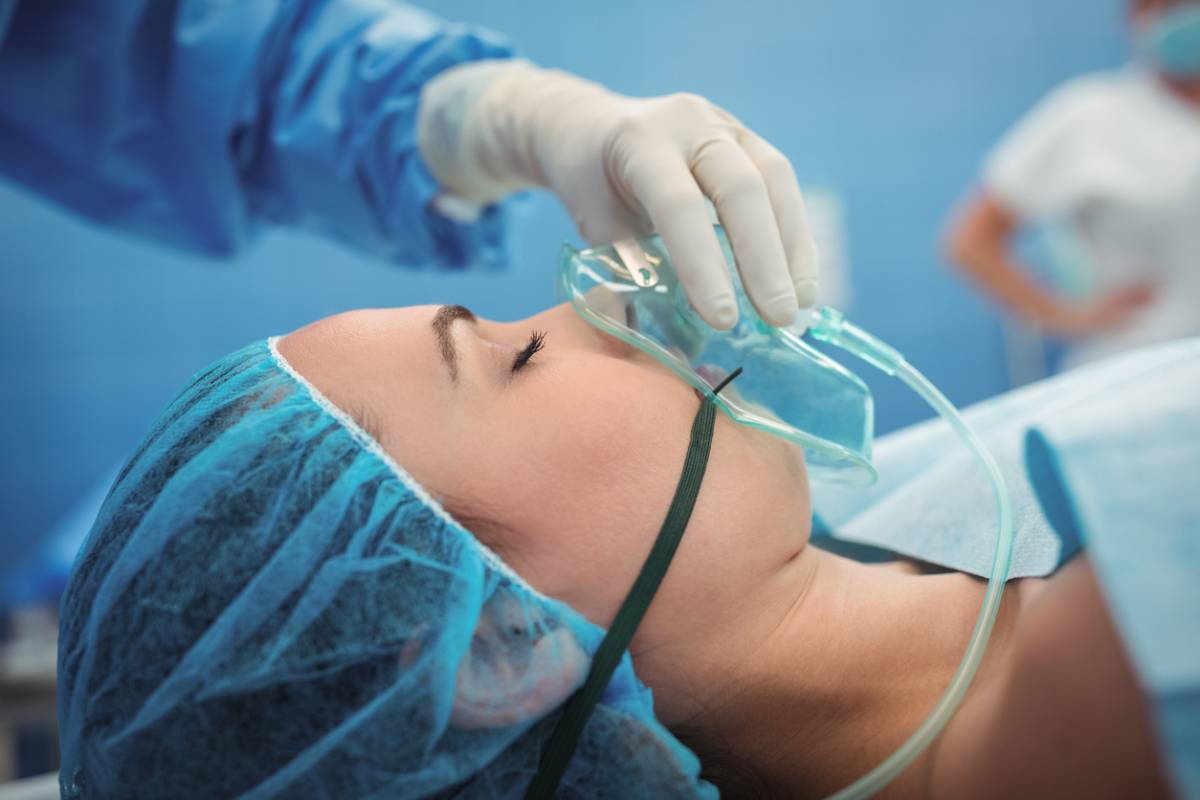Science has improved by leaps and bounds over the past few decades. As a result, the risks associated with routine surgery and anesthesia have dropped dramatically. However, it is important for all patients to realize that reduced risk does not indicate the absence of risk. So let’s cover anesthesia assessments before surgery.
Anesthesia Assessments Before Surgery
Every surgery and every round of anesthesia comes with its own set of dangers. The good news is that the chance of anything bad happening is usually pretty low, but you may face higher risks if you are older or have a chronic medical condition. To ascertain what risks you face and how likely they are, we highly recommend arranging an anesthesia assessment prior to having plastic surgery in Beverly Hills.
What Is an Anesthesia Assessment?
An anesthesia assessment occurring before the day of surgery is often referred to as pre-anesthesia evaluation. A pre-anesthesia evaluation is typically conducted by a board-certified anesthesiologist and not your primary surgeon, as they will be the person responsible for managing your anesthesia for the duration of your stay.
A pre-anesthesia evaluation includes five primary pieces:
- A complete review of your medical history, including charts and patient responses. A physical examination is often included in this component.
- A formal risk assessment that identifies particular issues that could complicate your anesthesia.
- Collecting additional data. A stress test is a common tool to evaluate cardiac function.
- Informing you of your risks and going over consent forms.
- Developing a plan that is tailored to you.
This assessment may occur as many as thirty days prior to your surgery, but keep in mind that your anesthesiologist will have to update their assessment in the 48 hours prior to surgery to ensure accuracy.
A Personal Anesthesia Plan
Attending an anesthesia assessment allows your anesthesiologist to tailor their anesthesia plan to you. This can decrease overall risks because it gives your anesthesiologist to choose the medication that will be least dangerous for you. It will also allow them to carefully watch for specific problem signs based on your medical history and current health.
For many people a personal anesthesia plan provides an extra layer of security when it comes to going in for surgery. Knowing that your anesthesiologist has prepared a plan specifically built around your needs can be a huge weight off your shoulders. With that said, there may still be alternatives if you would rather skip general anesthesia entirely.
What You Need to Know about Awake Plastic Surgery
If general anesthesia proves to be a high-risk or undesirable option for you, it doesn’t necessarily mean that you can’t have that cosmetic procedure you’ve been eyeing. It is now possible to have awake plastic surgery in Los Angeles.
Instead of requiring general anesthetic, which has higher risks and leaves you pretty groggy, awake plastic surgery uses a combination of a local anesthetic and a light sedative. This combo ensures that you won’t feel a thing, while keeping you calm enough to let Dr. Brent work his magic.
Which Surgeries Allow You to Be Awake?
This option is available for many cosmetic procedures, including breast lifts, neck lifts, and eyelid surgery. Overall, choosing to stay awake through your surgery can:
- Lower our risk
- Decrease your recovery time
- And decrease the final cost of your procedure
All good reasons. But it isn’t right for everyone or every procedure.
Do you think you might have interest in having awake plastic surgery? Just bring it up with your board-certified plastic surgeon during your next consultation appointment. They can discuss the benefits as it pertains to your particular case or let you know that it’s not going to be the right choice for the procedure you want.

